How are Grapes Grown in California?
How are grapes grown in California? Here’s everything you need to know.
Grapes have been grown throughout the world for thousands of years. Historians believe that Middle Eastern cultures cultivated grapes as early as 6000 BCE! California’s vineyards are much younger but no less impressive. The Golden State’s first table grape vineyard was planted in 1839 by William Wolfskill in what is now Los Angeles. Today, almost 200 years later, California grape growers produce over 99% of the nation’s table grapes.
Where are grapes grown in California?
Grapes grow and thrive throughout most parts of the state. However, more than 60% of those grapes are used for winemaking. Today, we’ll be focusing on table grapes.
Where are table grapes grown?
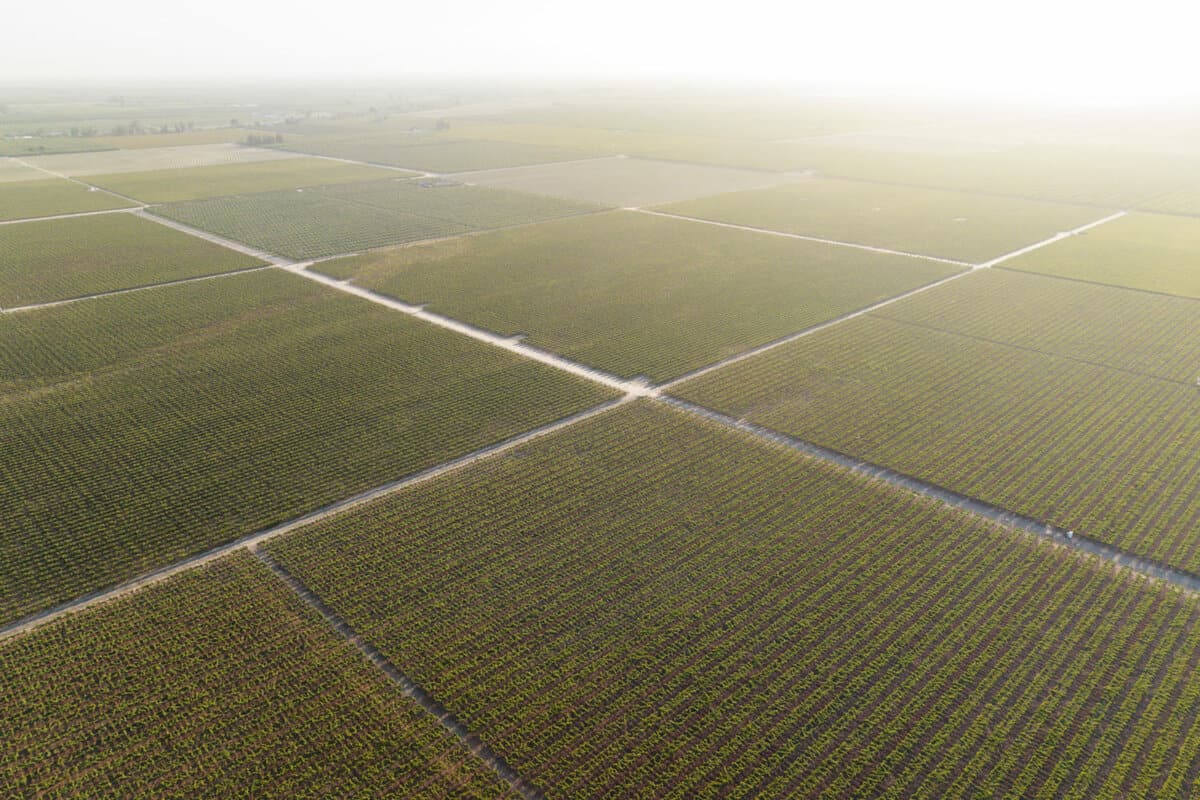
California! Over 99% of the nation’s table grapes grow in the Golden State. But where exactly do they grow? The majority of California’s table grapes grow in the Southern Central Valley, with vineyards also located in Coachella Valley.
What are table grapes?
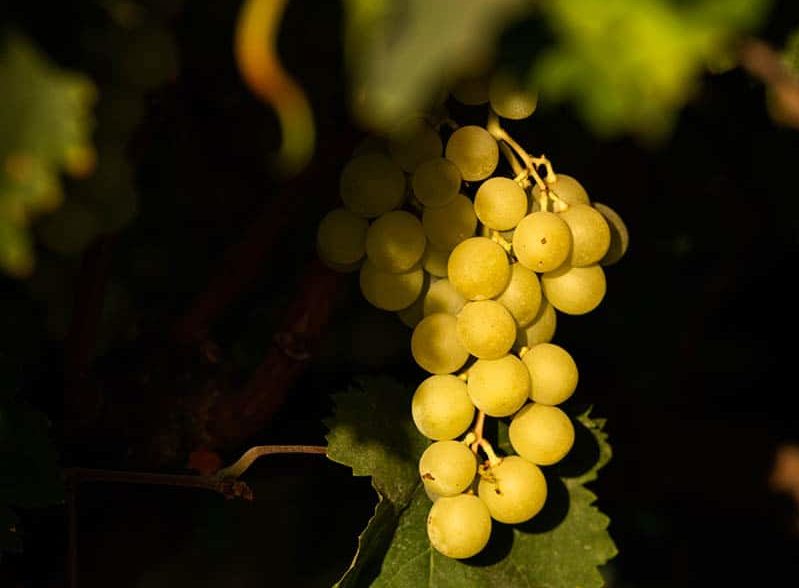
What are table grapes? Well, it’s pretty self-explanatory. Table grapes are simply grapes that are meant to be eaten fresh. They aren’t going to be dried and made into raisins or pressed and made into wine.
How are table grapes different from wine grapes?
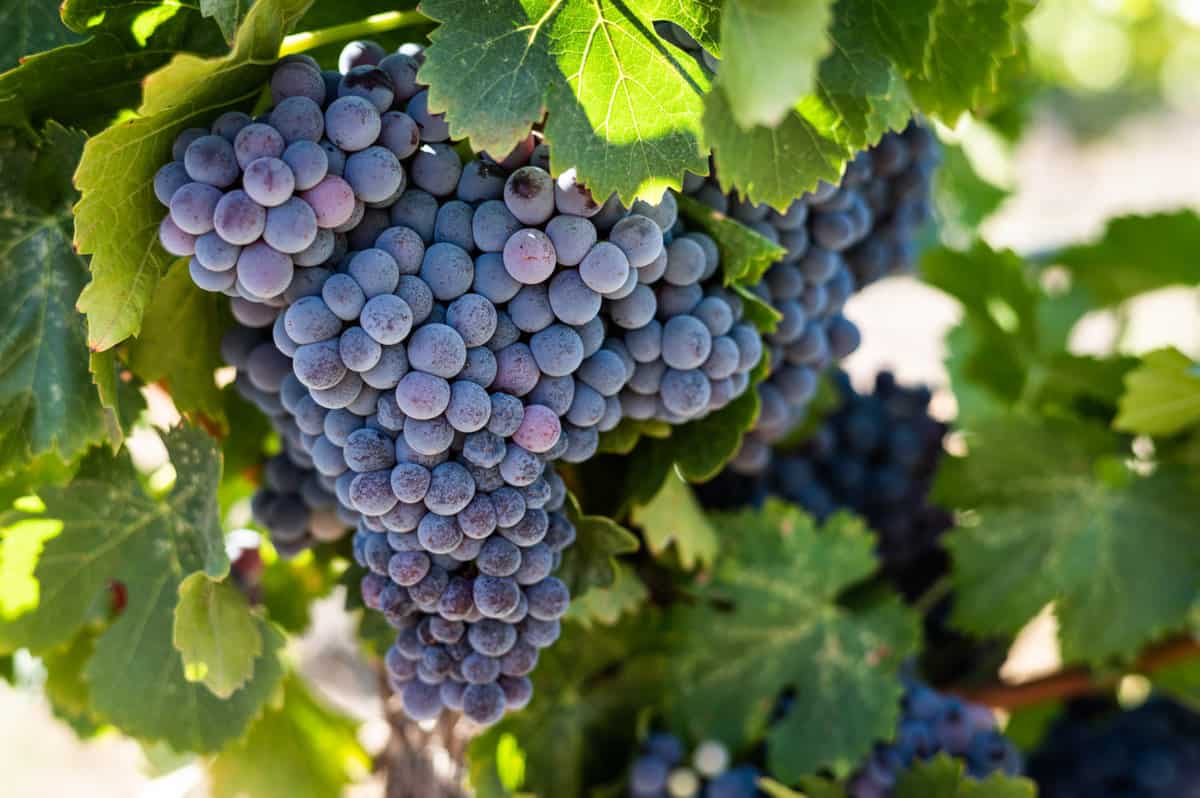
There are quite a few distinct differences between table grapes and wine grapes. Although they are technically the same fruit, the different varieties grown and constrasting growing techniques yield dramatically different fruit. Wine grapes are typically smaller, full of seeds, and sweeter. Table grapes are significantly larger, available in seeded and seedless varieties, and have thinner skin.
What types of table grapes are grown in California?
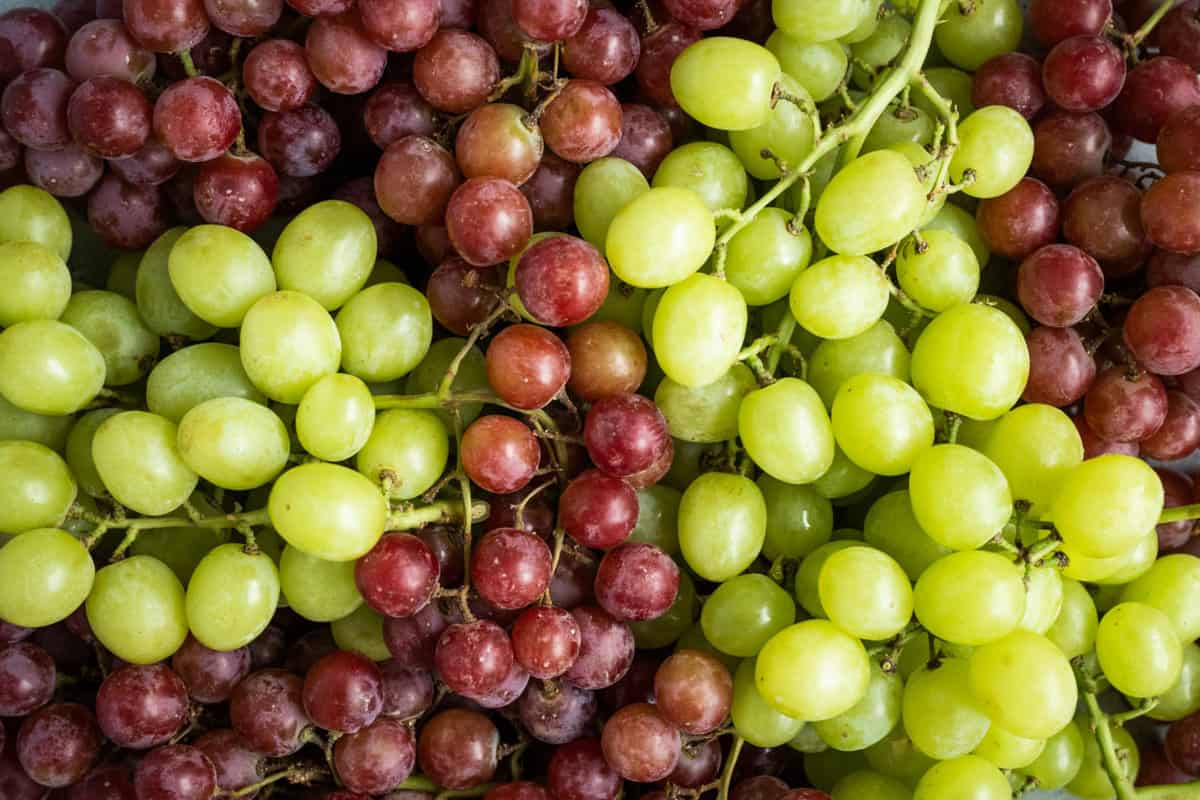
There are over 90 different varieties of table grapes – in a variety of shapes, sizes, colors, flavors and textures. Most of us simply refer to them by their colors – red, black and green.
When are table grapes in season?
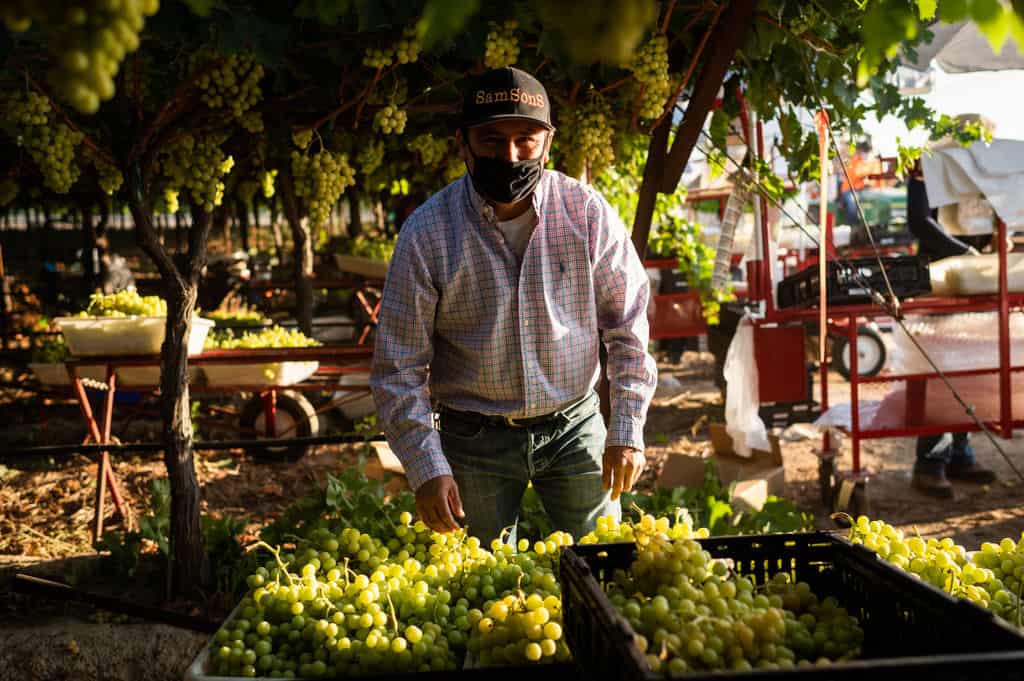
Table grapes are in season in California from May through January. In late spring, the first grapes are harvested from the Coachella Valley. By mid-summer, harvest moves north to the Central Valley.
How are table grapes grown? Let’s take a look at what happens seasonally in the vineyard!
Cooler Months: Dormancy + Pruning Grapevines
Why do grape growers prune their vines?
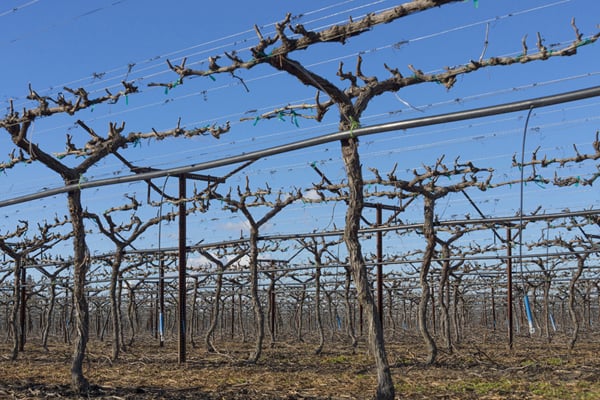
During the cooler months, the vines enter a period of dormancy. This might lead you to believe that not much is happening in the vineyard, but nothing could be further from the truth. Teams of skilled workers use winter months to meticulously train and prune vines. Proper techniques must be used, as every single cut affects the quality and quantity of next year’s crop.
Getting Warmer: Bud Break, Flowering and + Fruit Set
What is bud break?
As the weather warms up, the vineyard emerges from dormancy, and tiny buds appear on the vines and begin to swell. Clusters of tiny green leaf buds break through. For the next few months, the leaves and shoots grow slowly.
Do grapevines have flowers?
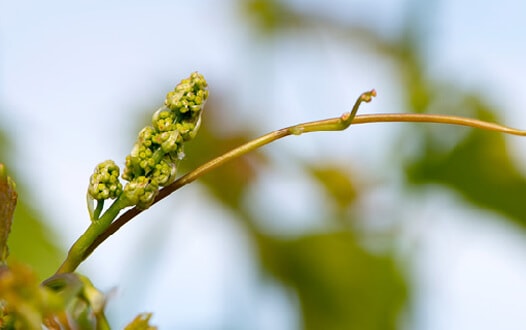
About six to nine weeks after bud break, clusters of tiny green flowers cover the vineyard. The flowers only last for about a week, just long enough for pollination to occur. Grapevines are self-pollinating, but many table grape growers use bee boxes to increase their yields. After pollination, the flowers fall from their vine as fruit set ensues.
Warmer Months: Berry Development + Veraison
What happens in the vineyard during the Warmer Months?
At first, the grapes resemble tiny hard green berries. As they bask in the sun, the grapes grow larger but don’t begin to ripen until veraison occurs.
What is veraison?
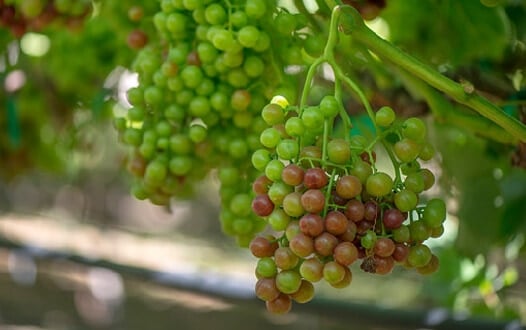
Veraison is a French viticultural term meaning “the onset of ripening”. During veraison, the grapes transform from a brilliant green color to their ultimate shade. (If you’re wondering, green grapes will still stay green, but the color will fade from the original vibrant hue.)
After veraison, grapes continue to grow until they are fully mature and perfectly sweet.
Harvest + Packaging
How do farmers know when to harvest their crop?
As harvest approaches, growers keep a close eye on their vineyards. They’re anxiously looking for signs that their grapes are ready for harvest. Some farmers use tools like refractometers to test sugar levels, or brix. Arguably, the best way to know if grapes are ready for harvest is to walk the fields. Growers visually inspect the fruit’s color, bunch and berry size – and of course, taste it!
Are table grapes harvested by hand?
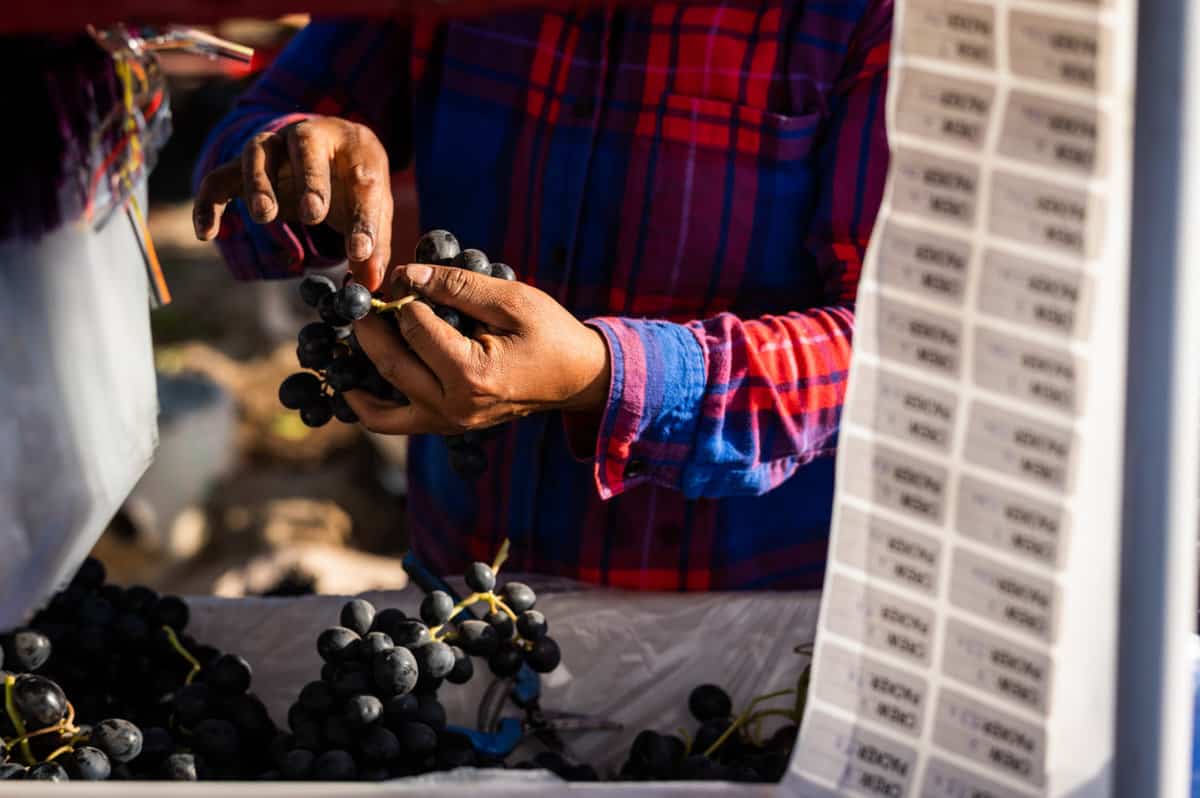
Table grapes are harvested exclusively by hand. Using a mechanical harvester damages the delicate fruit. A highly trained team works their way down each row, using clippers to carefully remove ripe clusters from the vine. The crew visually inspects grapes for blemishes and discard any subpar clusters.
What happens after table grapes are harvested?
Immediately after harvest, the grapes are hand packed into shipping containers and whisked away to cold storage. Table grapes are often packed on-site in the field( called a “field pack”), but some growers handle this step at a packing house. The packing team inspects the grapes a second time, and gently placing them into bags (or clamshells) and then into boxes. Finally, the grapes are transported to grocery stores and markets in temperature-controlled trucks.
Are grapes washed before packing?
Table grapes are not washed before packing. Washing the grapes before packing puts the tightly packed clusters at risk for mold and mildew. The FDA recommends washing grapes under running water before eating them.
How can you tell where table grapes were grown?
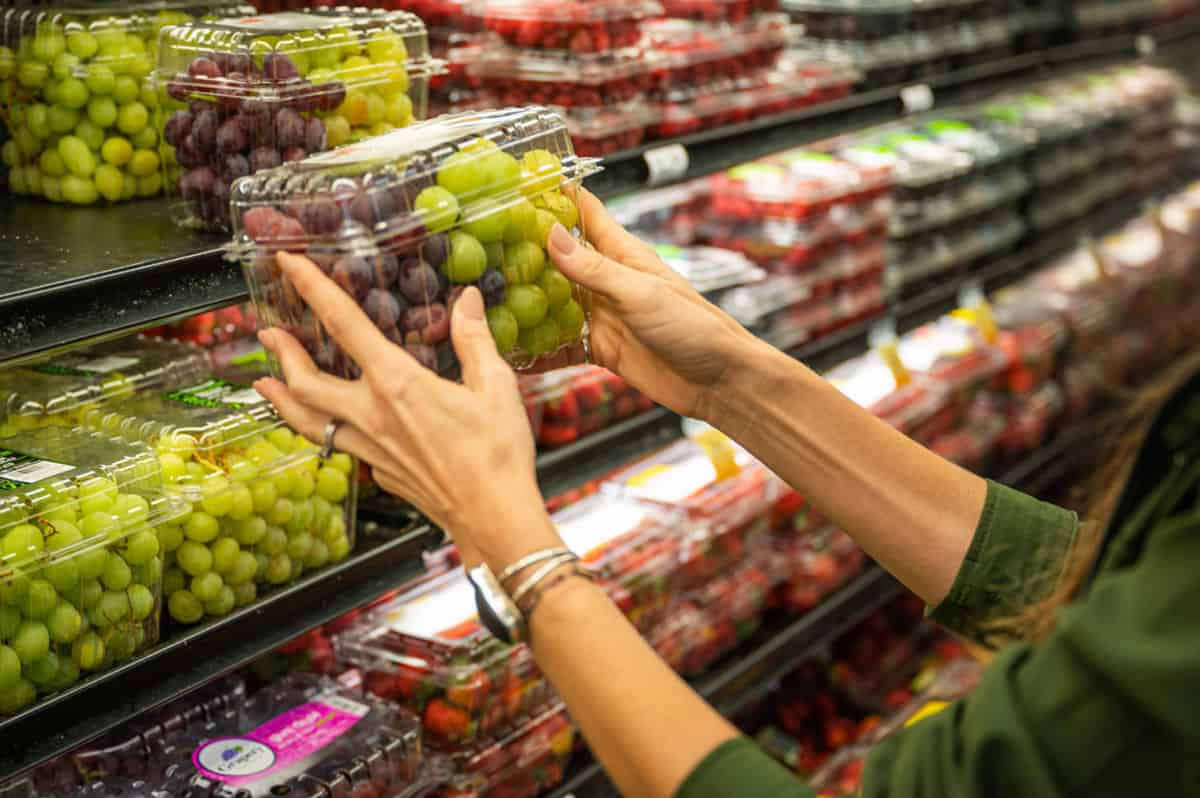
Look for the California Grown license plateon the product packaging or the store’s shelves. Packaging may also include the Grapes from California logo, “product of the USA”, or simply “California” on the bag. Pro-tip: Stores should list the country of origin for produce. If the grapes were grown in the United States, it’s safe to say they were California Grown.
Learn more about how to tell where your produce is from!
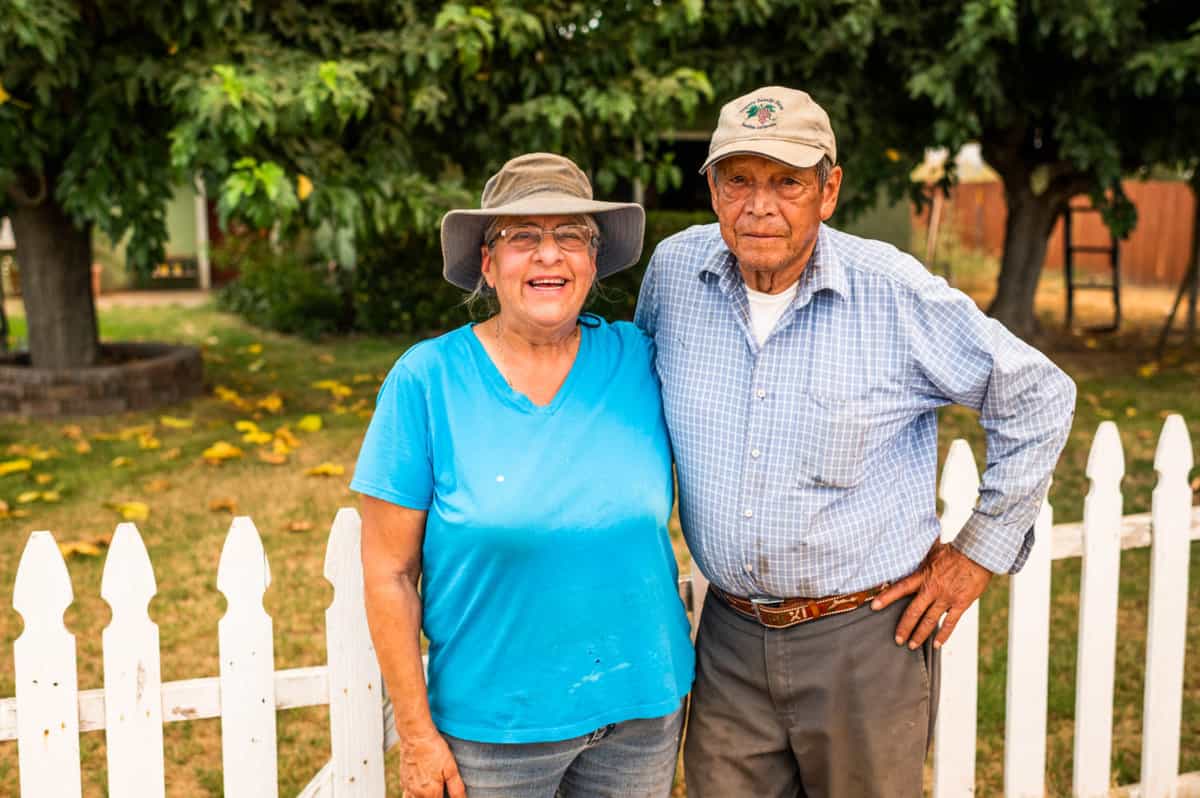
What’s it like to be a grape grower?
Learn how Kathy and Justino Topete went from working in the fields to owning table grape vineyards in Central California.
FAQs about table grapes
Some species of grapes are native to California, but most table grapes are descendents of a European variety, Vitis vinifera.
Fun fact: innovative California winemakers and grape growers have successfully planted native varieties in areas where European varieties would be unable to thrive.
Once again, this is a “can you” versus a “should you”. Can you use table grapes to make wine? Sure. Should you? Probably not. Winegrapes are significantly sweeter with more concentrated flavors. Plus, winemaking isn’t exactly a quickie project, which is why we’re going to recommend you leave winemaking to the pros.
California is home to over 4200 wineries scattered throughout the state. Finding a winery that perfectly suits your palate and price range should be simple. Need help? Check out this interactive winery locator from our friends at California Wines.
You can freeze grapes to snack on or use in smoothies. Grapes will last up to a year when sealed in an airtight container in the freezer.
For most other purposes, stick with fresh grapes. Grapes that have been frozen and then defrosted just aren’t as appealing as fresh from the vine.
A better question would be, what recipes aren’t they used in? Grapes are a delicious addition to salads, cakes, cocktails and more. Check out a few of our favorite ways to enjoy California grapes.
Yes! Learn more about the incredible health benefits associated with grapes from our friends at Grapes From California.
How it’s grown
If you loved learning how grapes are grown, check out some of the other blog posts in our “How it’s Grown” series…
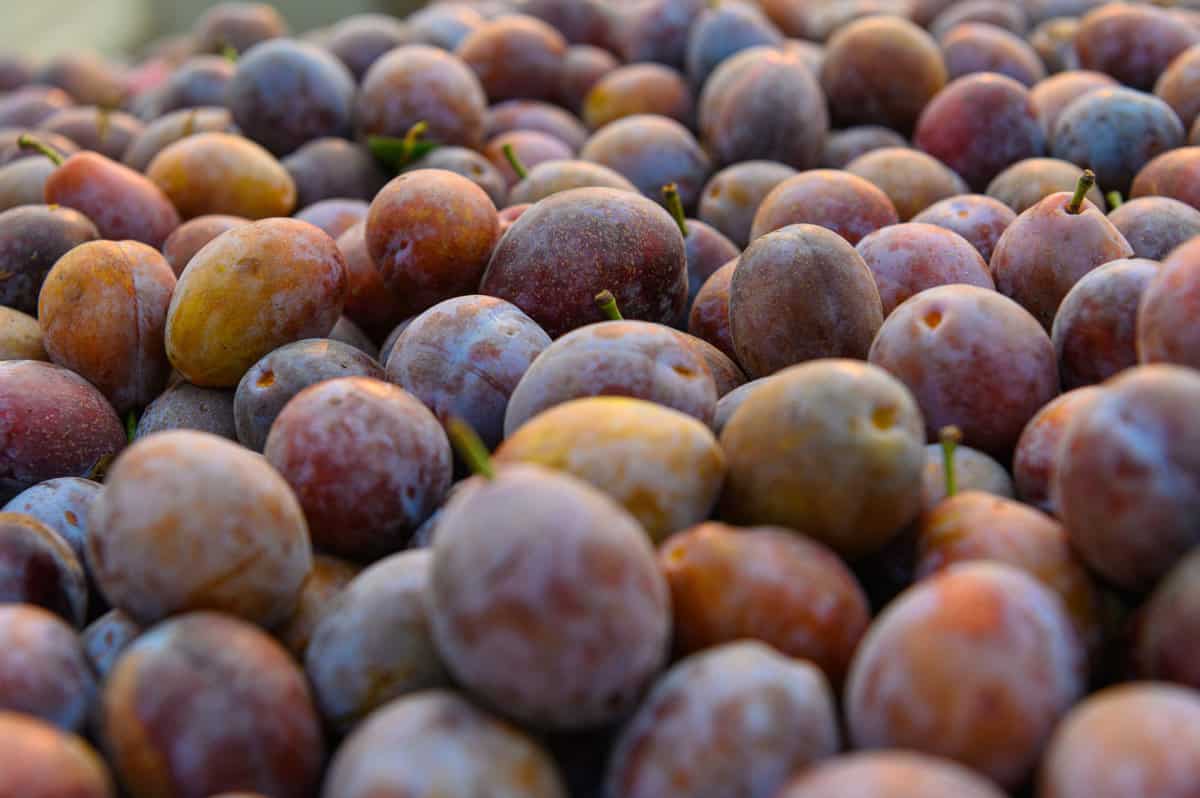
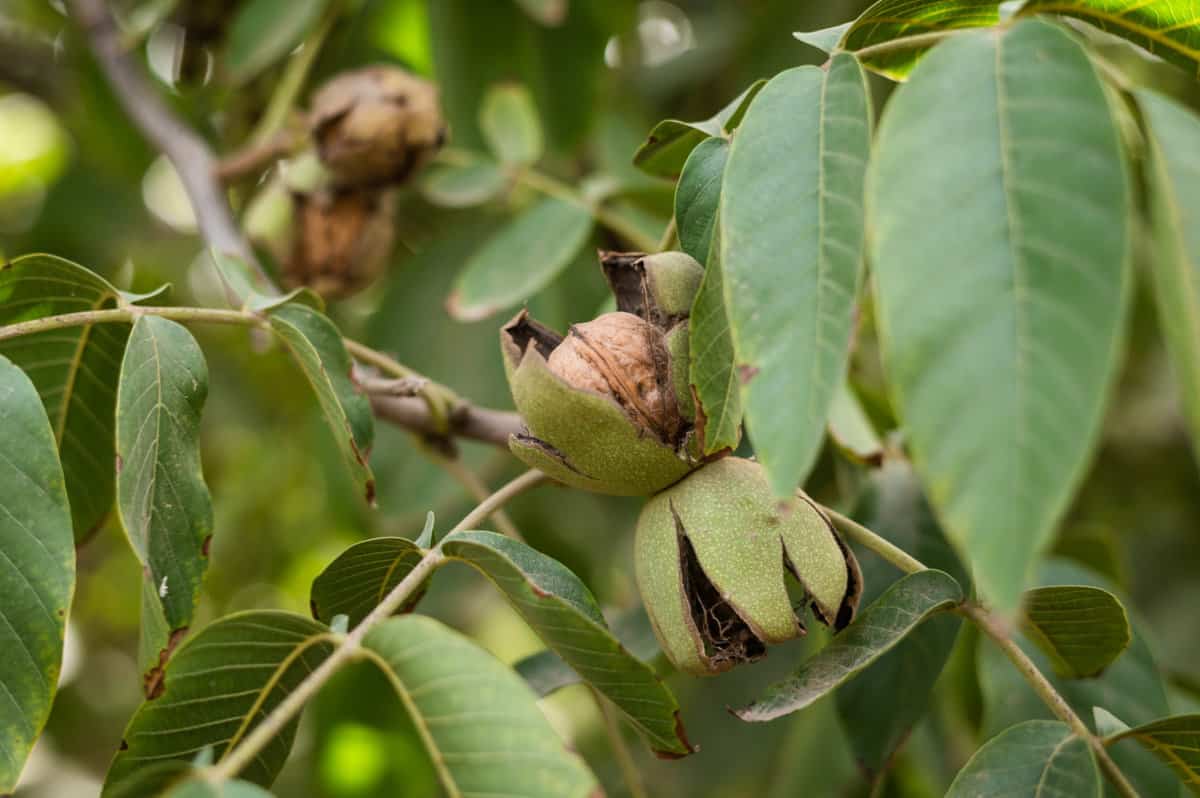
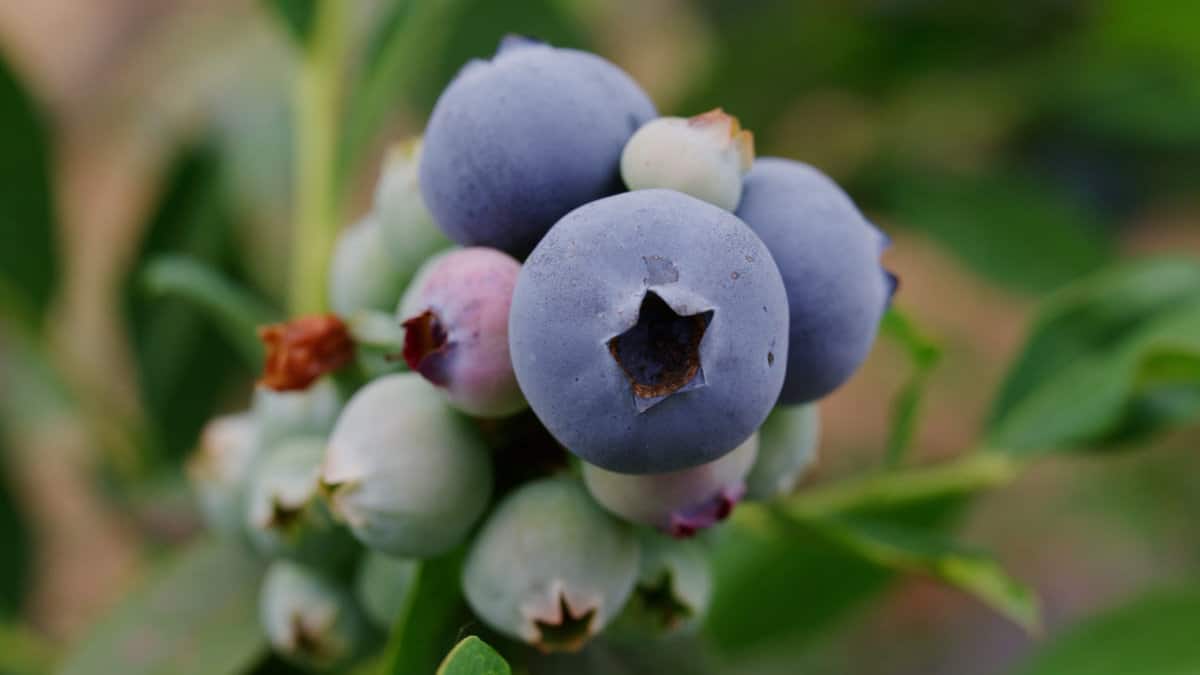
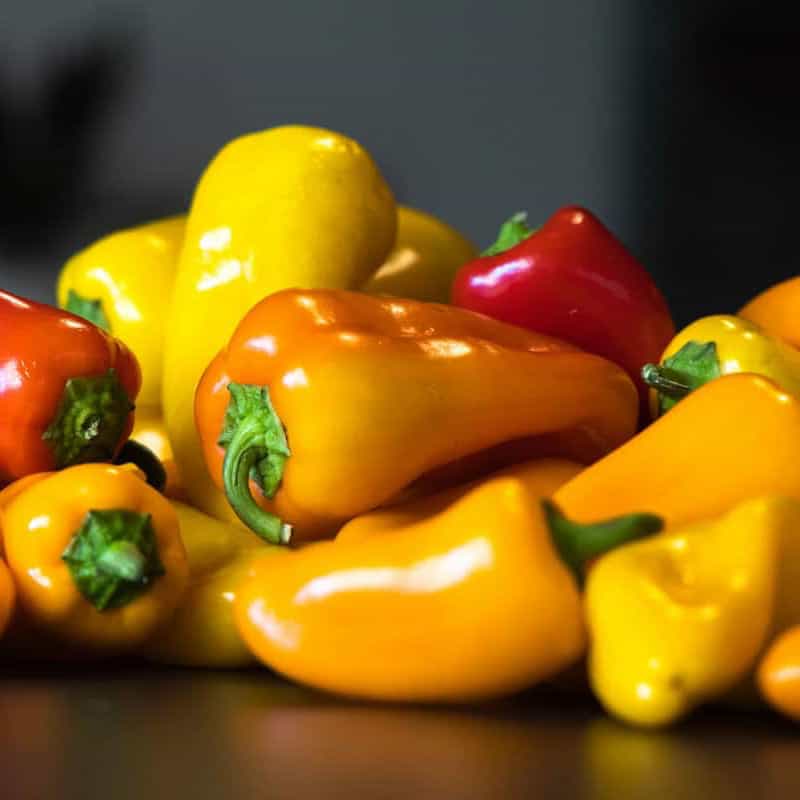

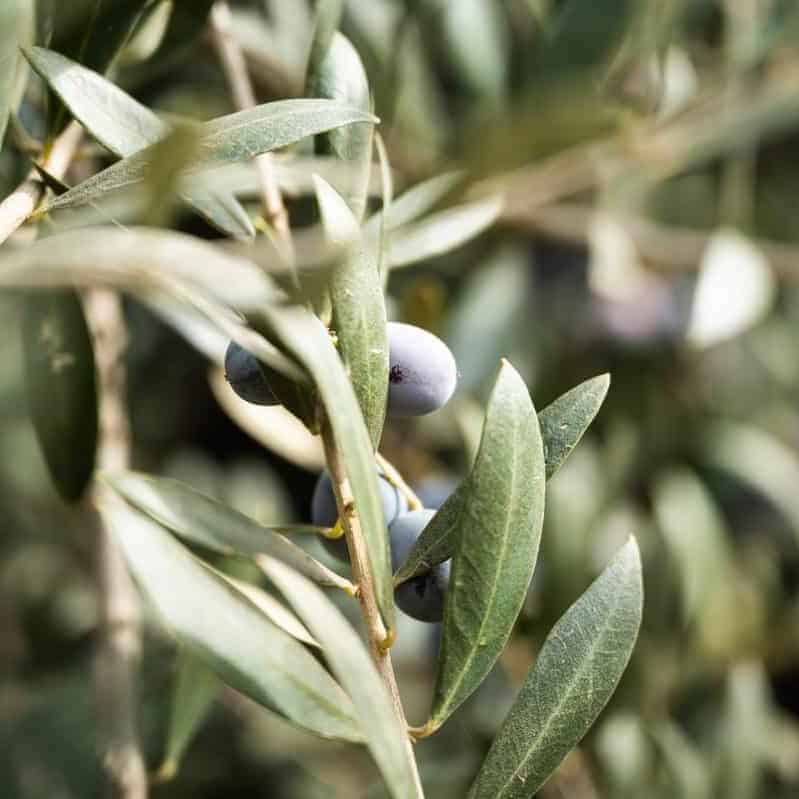
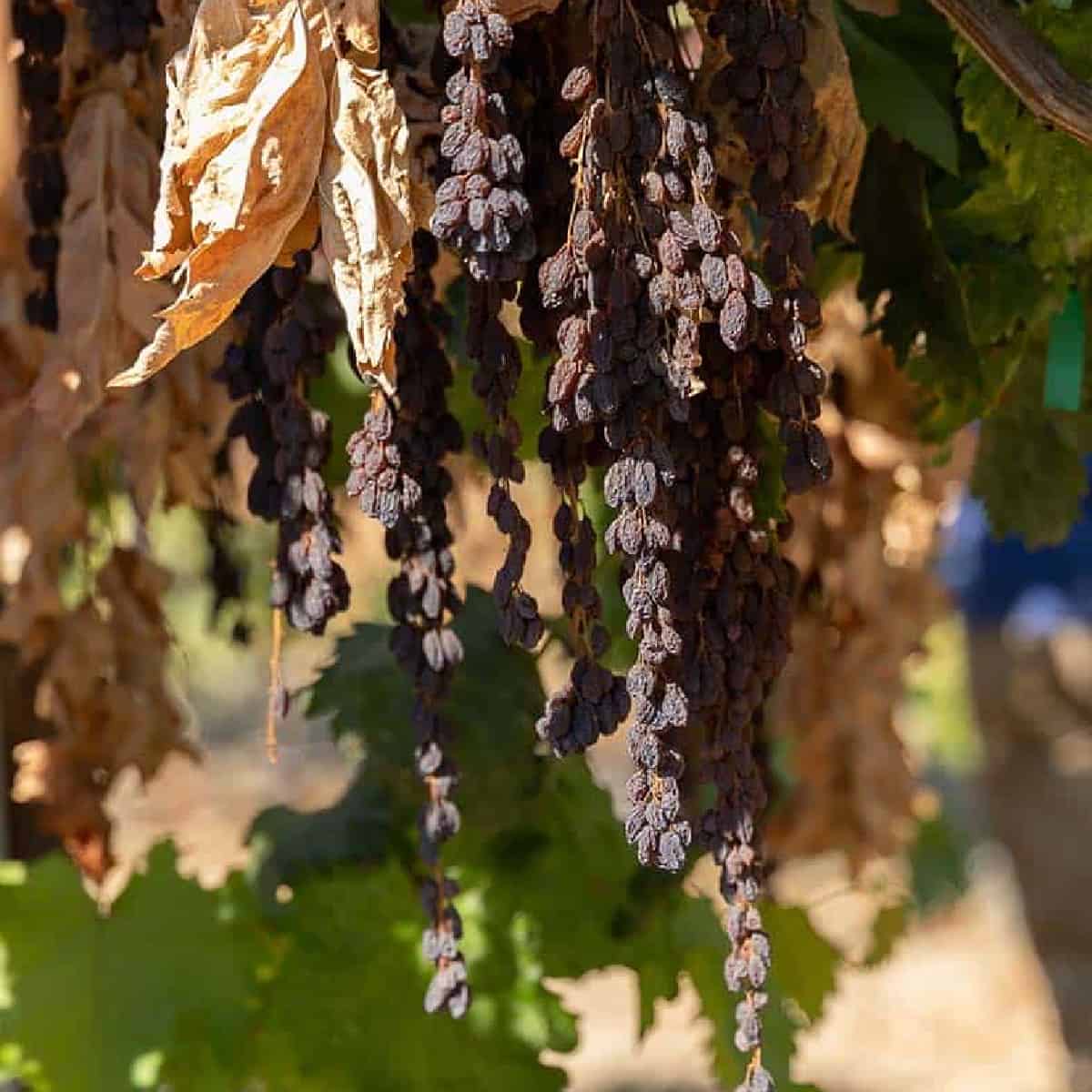

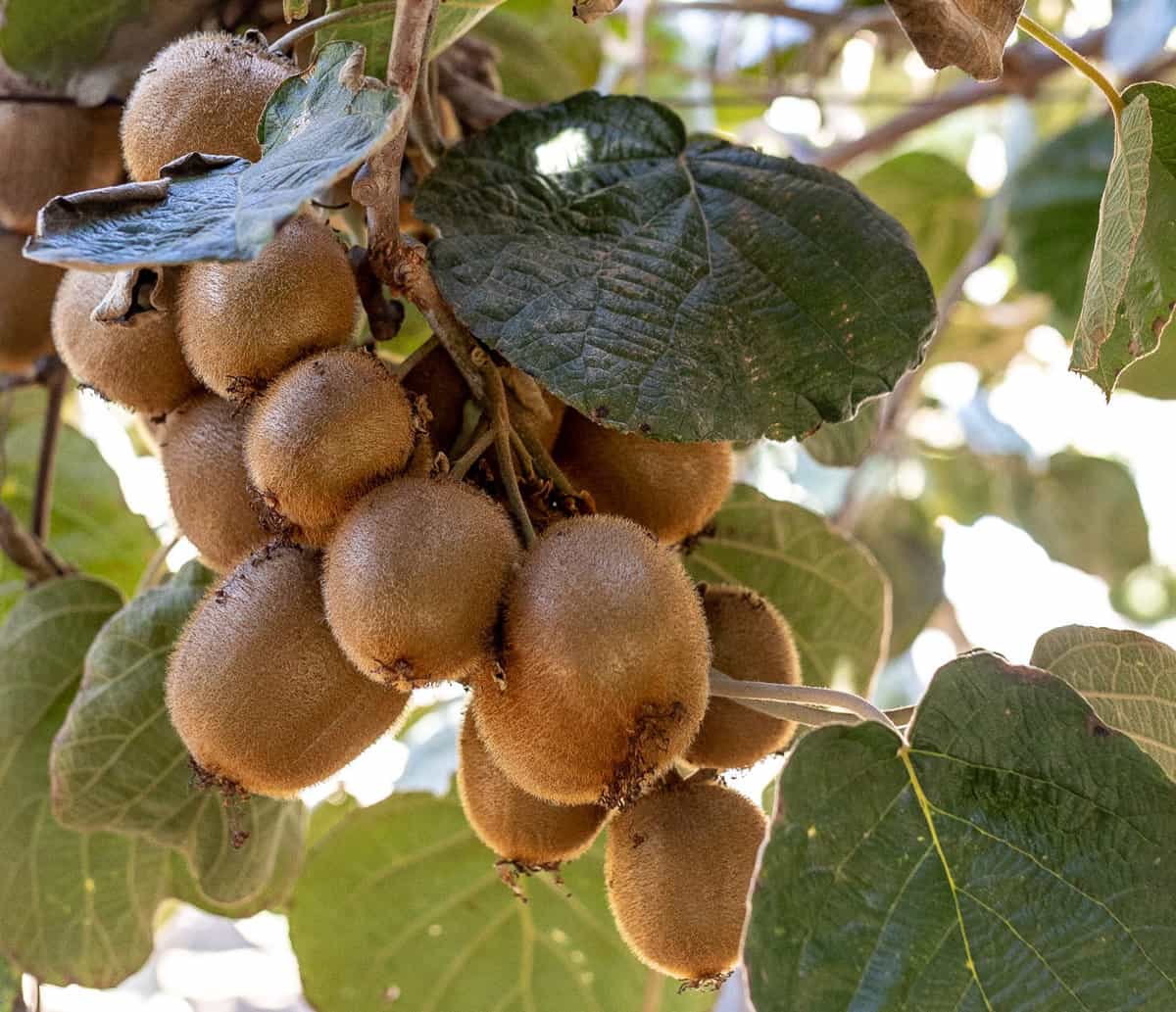
Facts are fabulous, but let’s get to the good stuff – our favorite ways to enjoy CA GROWN grapes. Here are some of the best grape recipes to try now!
Article by Hilary Rance. Photography courtesy of Grapes from California & James Collier.

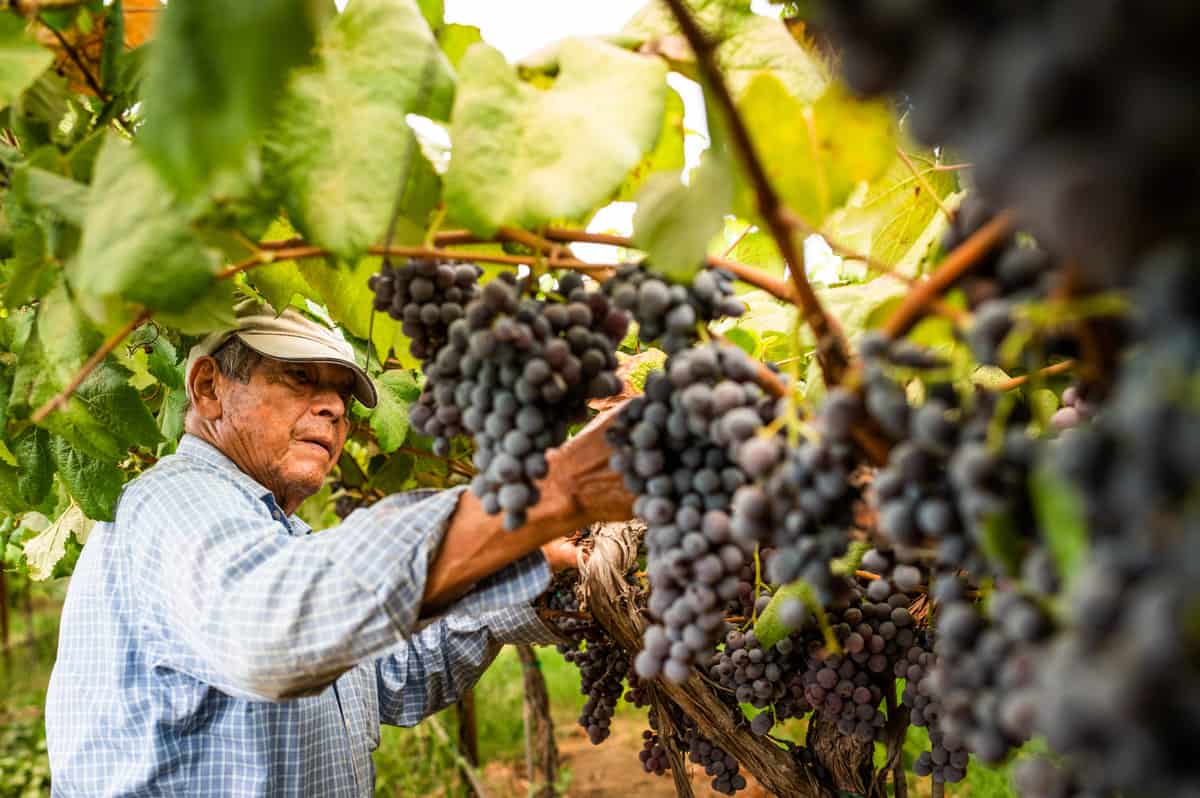
Hi im just starting out. and im taking over on my friends grapes. their grape plants are all over growen and some on the ground, with grapes on them. how and when can i prune them back for better harvest.
Hi David, grapes should be pruned when they are dormant in the winter. We suggest connecting with another local grower or nursery in your area to provide further advice. Good Luck!